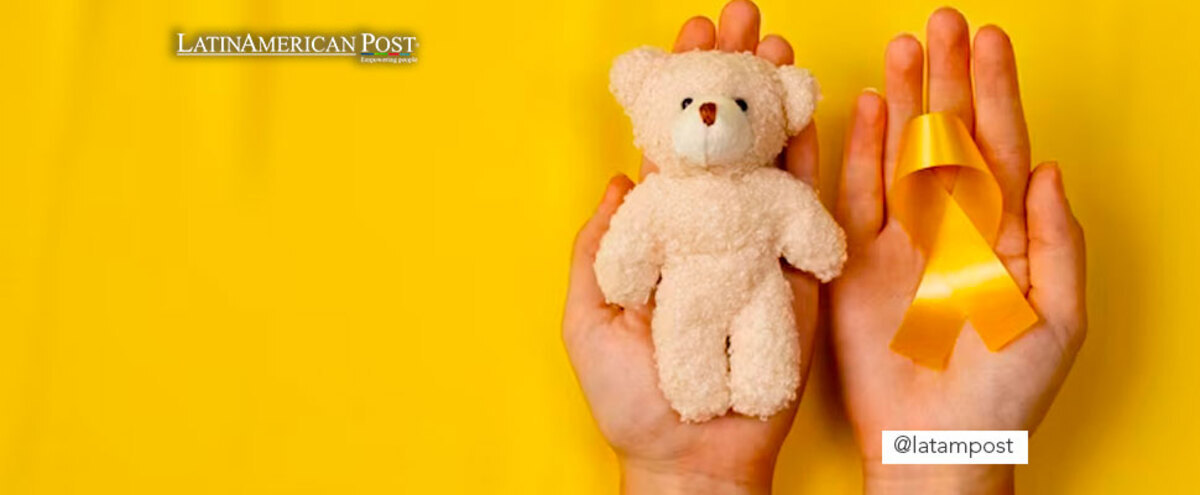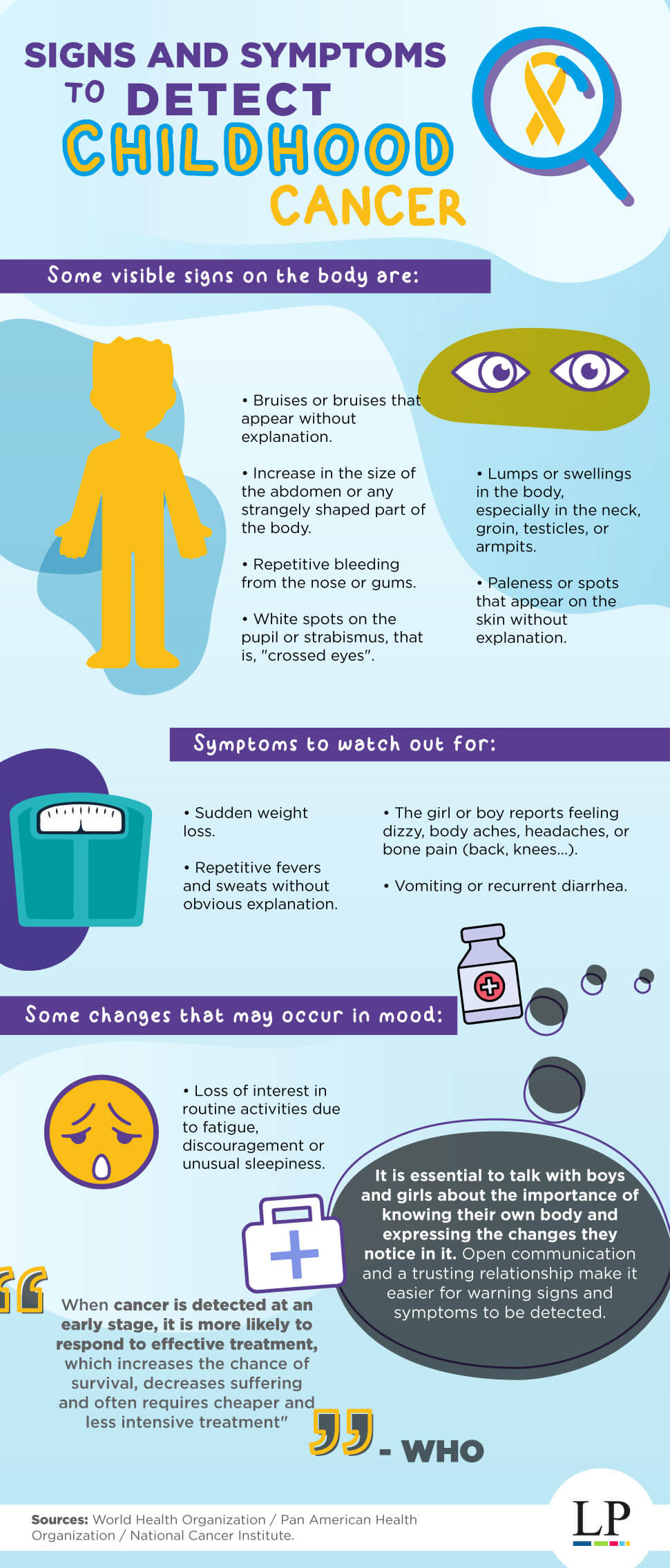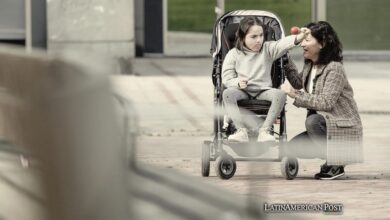Infographic: What are the Warning Signs of Childhood Cancer?
Early detection of cancer cells in children and adolescents saves lives and allows more effective treatment to be implemented. We tell you what are the symptoms of childhood cancer that you should pay attention to.

Photo: Freepik
LatinAmerican Post | María Fernanda Ramírez Ramos
Escucha este artículo
Leer en español: Infografía: ¿Cuáles son los signos de alerta de cáncer infantil?
The World Health Organization estimates that around 400,000 children and adolescents between 0 and 19 years of age have cancer. Despite the fact that it is not a common disease in minors, there is a broad scientific interest in studying childhood cancer and better understanding its causes, since there are still many doubts about the factors that trigger it beyond the genetic one. "The most common types of childhood cancer are leukemias, brain cancers, lymphomas, and solid tumors such as neuroblastoma and Wilms tumors," says the WHO.
PAHO points out that in recent years, treatments to cure childhood cancer have advanced a lot and are increasingly successful. This organization shows acute leukemia as an example. "Currently, being the most frequent type of cancer in childhood, it has a 5-year survival rate of over 70%, which means that most patients can be definitively cured," says PAHO. A key aspect for mothers, fathers and caregivers of children is to know the warning symptoms to make an early detection of childhood cancer.
We recommend you read: Outdoor Time Reduces the Negative Effects of Mobile Devices on Children

If you want to know more information about the timely detection of childhood cancer, we recommend you visit the official campaign of the Pan American Health Organization in this regard. Also, when in doubt, the best decision is to consult a doctor who can make a professional diagnosis.
On the other hand, a diagnosis of cancer in a minor is usually difficult news for the family to assimilate. Thus, it is also convenient to be accompanied by psychological counseling. However, it must be remembered that more and more treatments are available. The National Cancer Institute of the United States also has resources for parents of children, on how to approach the situation and what are the most frequent questions.




